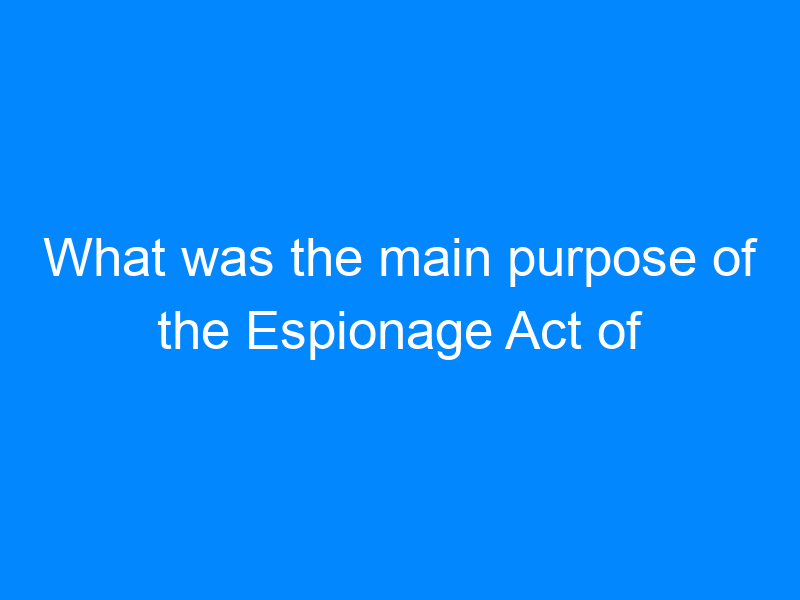On 24 th July 1915, Europe was fighting the First World War and people were looking for sympathy of those people who were neither against the war nor for it. In Lower Manhattan, on a Sixth Avenue elevated train, Secret Service Agents followed George Sylvester Viereck, a German propagandist and a mysterious companion to them was Heinrich F. Albert, an attache in the German Embassy.
Viereck got off at 23rd Street and Albert continued on to 50th street, when he suddenly looked up his newspaper , realized he has reached his destination, got off the vehicle, leaving behind a brown briefcase that one of the agents quickly took away. That bag made it to Treasury Secretary, William McAdoo, who shared Espionage Act of 1917 with President Woodrow Wilson. The bag contained documents that contained a very secret campaign, pertaining to high- ranking German officials, of espionage, propaganda and sabotage.
The documents had plans to take over newspaper of the United States, bankroll films, send hired lecturers on the Chautauqua circuit, and make pseudo – indigenous movements to upset on behalf of pro – German policies. The more frightening plan were to instigate strikes in armaments factories, to corner the supply of liquid chlorine, which was an important component in poison gas, to keep it off limits from the Allied hands. There were plans to take over the Aeroplane company of the Wright Brothers and use the patents on behalf of Germany.
The United States official also got to know about the sabotage plans hatched by another German Spy, Franz Rintelen von Kleist, who was planning to destroy the munitions plans of the United States and blow up the Welland Canal, a Canadian waterway of great importance to the United States.
This made Wilson write to his adviser that the U.S was honeycombed with German intrigue and was infested with German spies. To respond to the fear of public criticism of the war and the difficulty in making people participate in the war and to stop all the unease in the labor groups, mainly the Industrial Workers of the World (IWW), who showed sympathy for labors throughout the world, including those in Russia.
Author Bio: Mike is a History scholar who has served as a guest lecturer in some of the reputed colleges in the US. He is also associated with MyAssignmentHelp, where he offers My Assignment Help reviews to students and helps them choose better academic support.



